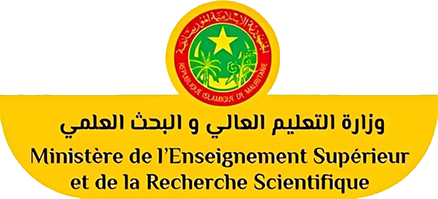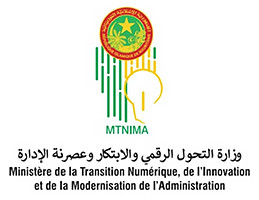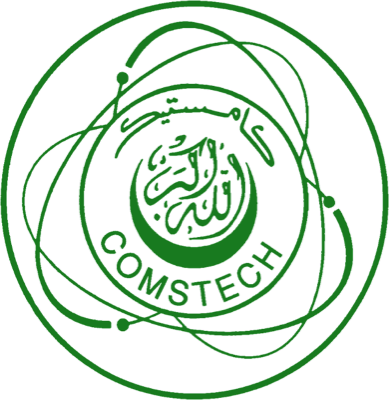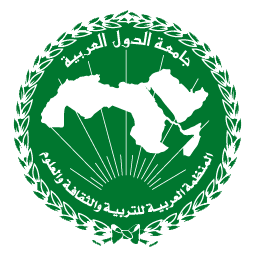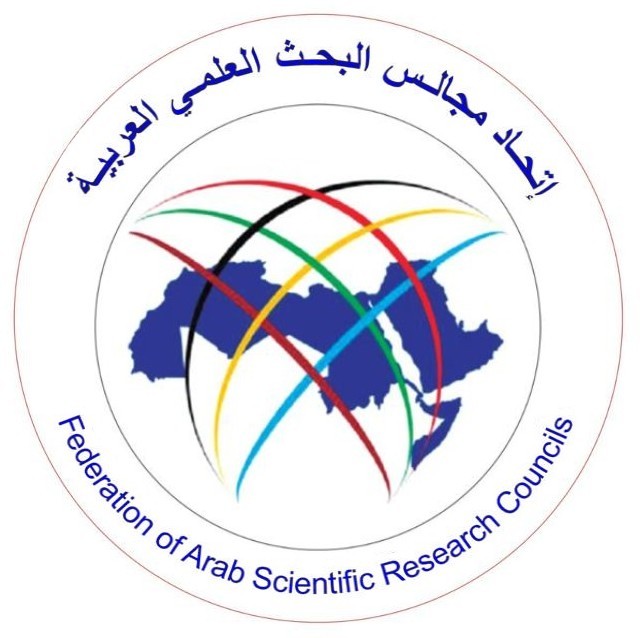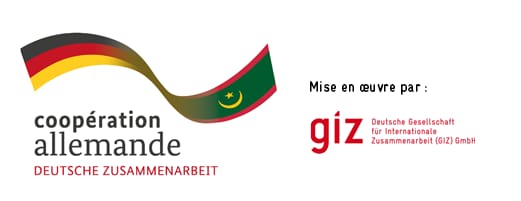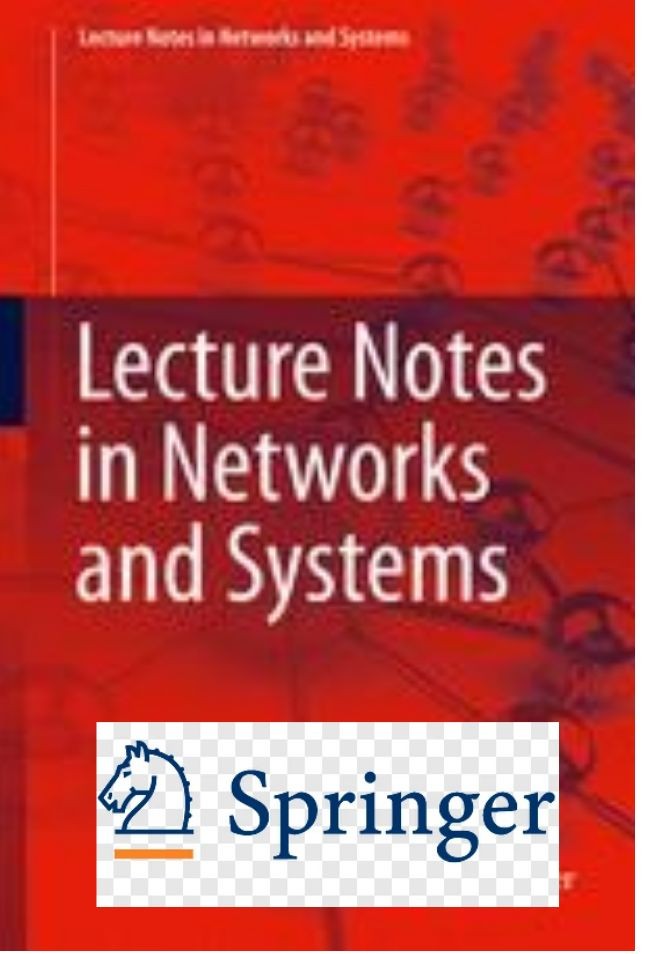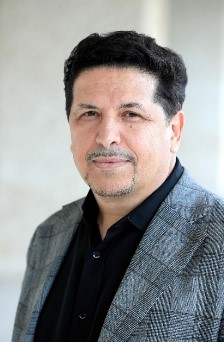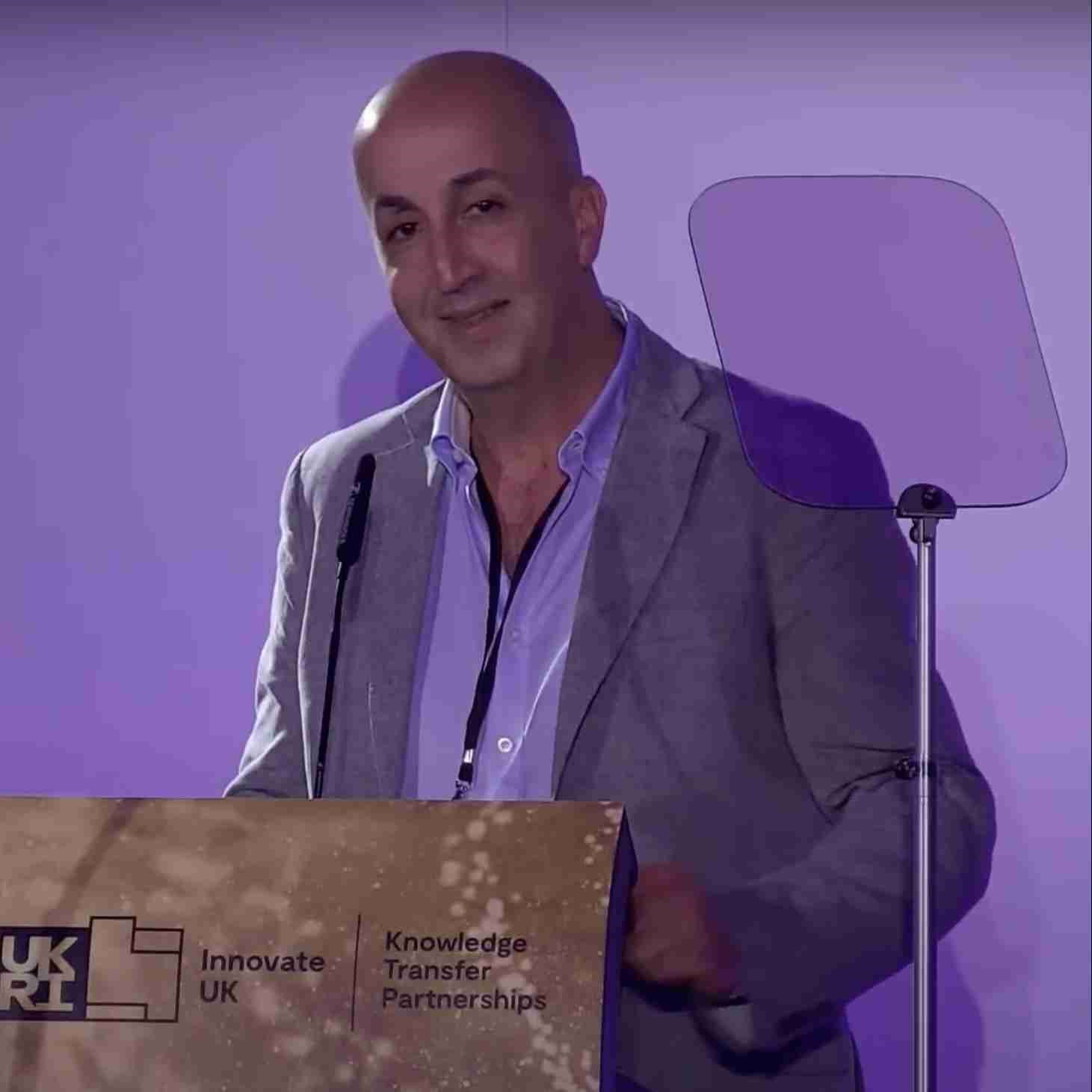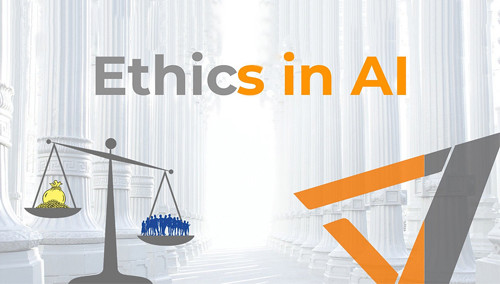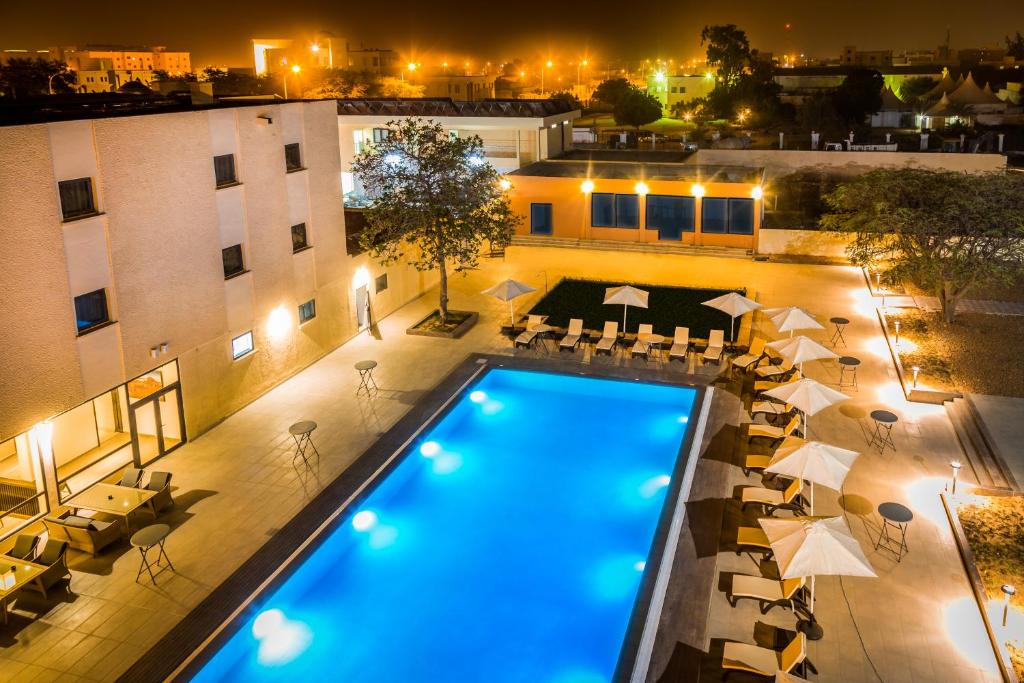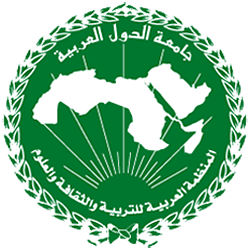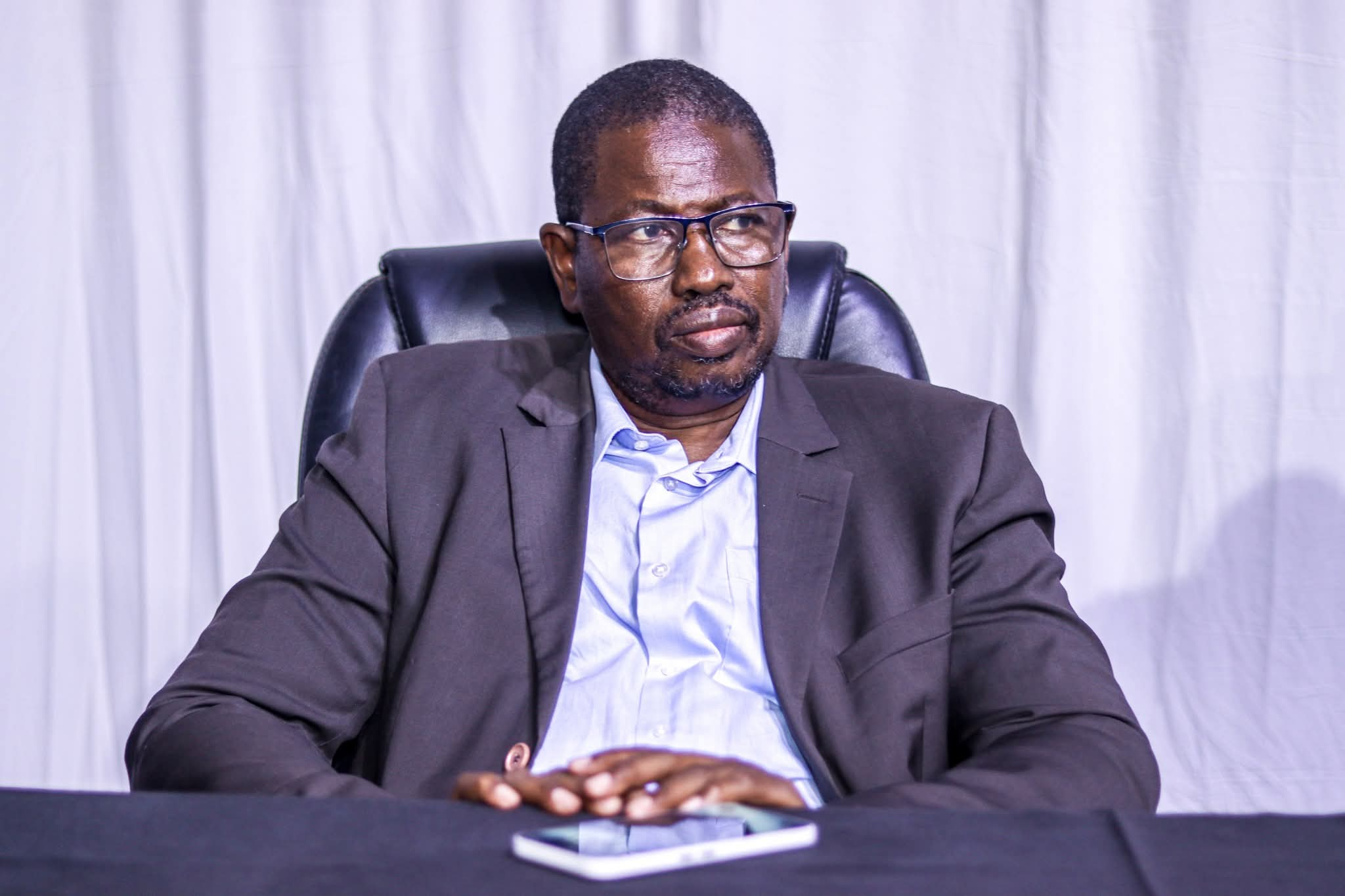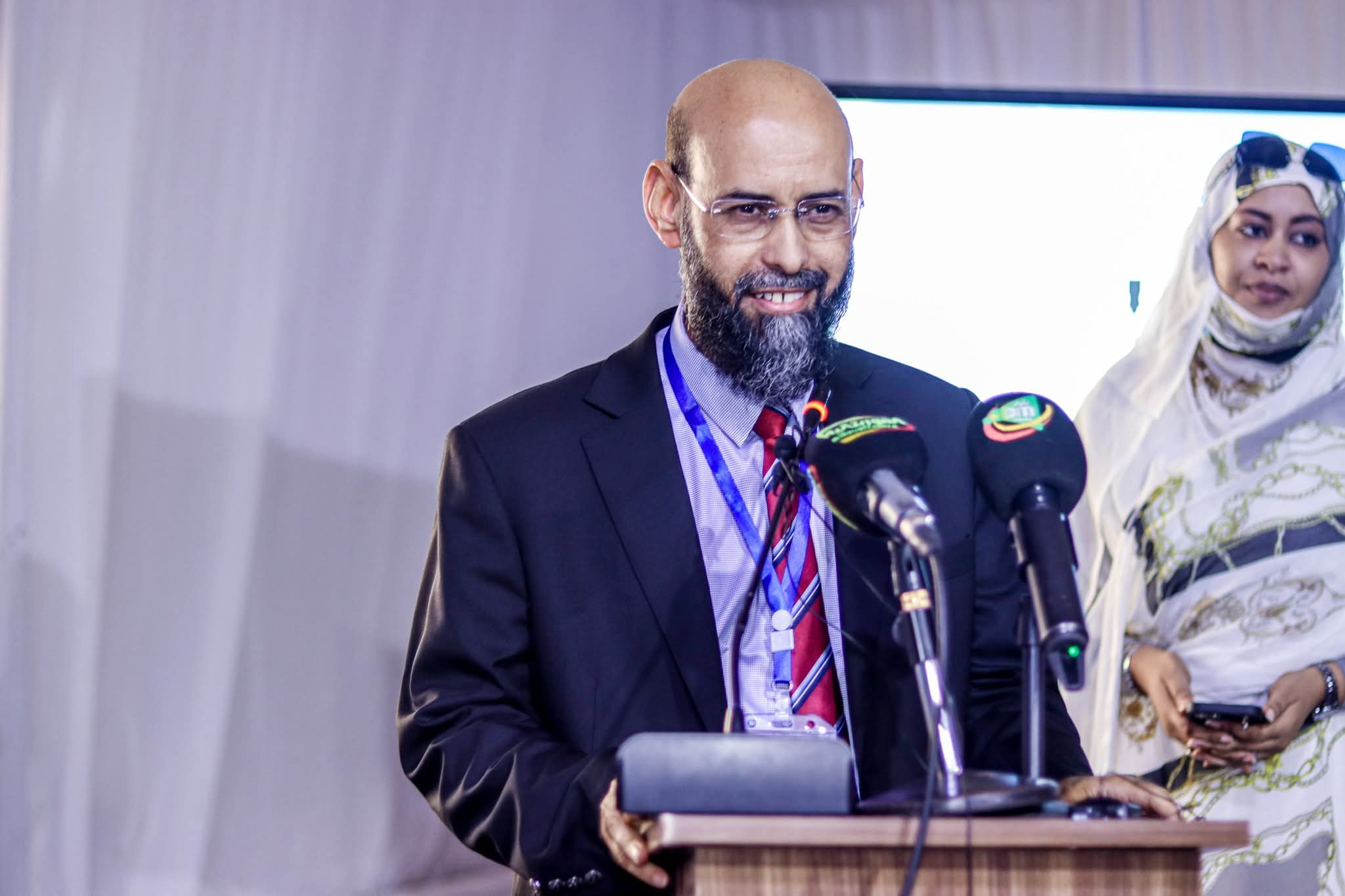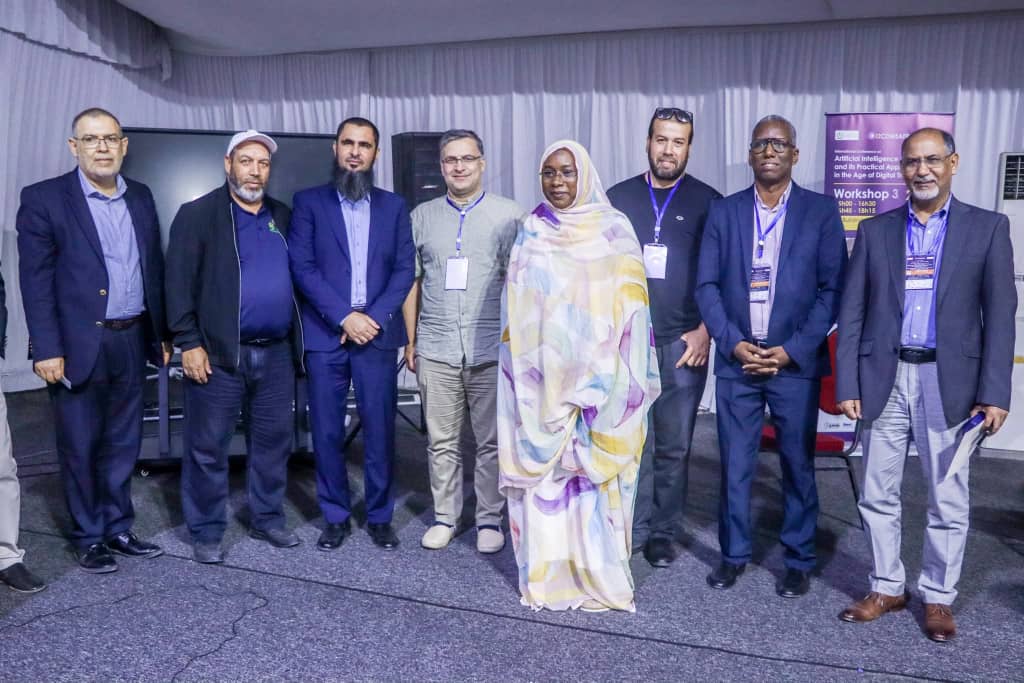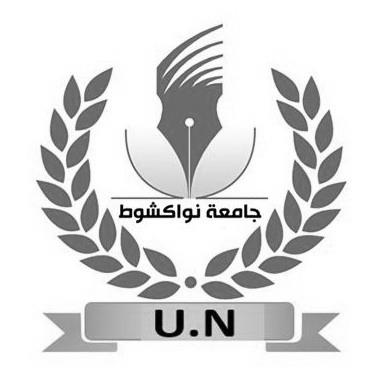Honorary Chair
Pr. Aly Mohamed Salem Boukhary
President, Nouakchott University, Mauritania
Organizing Committee
Mohamed Abdel Wedoud M'hamed(Chair)
Vice-Dean of Faculty of Sciences and Techniques, Nouakchott University, Nouakchott, Mauritania
CHEIKH Sidi(Vice-Chair)
Faculty of Sciences and Techniques, Nouakchott University, Nouakchott, Mauritania
Members
HIMEIDY Mohamed
Faculty of Sciences and Techniques, Nouakchott University, Mauritania
AHMED Sidi Mohamed
Faculty of Sciences and Techniques, Nouakchott University, Mauritania
CHEIKH Ahmed Salem
Faculty of Sciences and Techniques, Nouakchott University, Mauritania
DIAKITE Mohamed Lamine
Faculty of Sciences and Techniques, Nouakchott University, Nouakchott, Mauritania
EL BENANY Mohamed Mahmoud
Faculty of Sciences and Techniques, Nouakchott University, Nouakchott, Mauritania
MOHAMED SALECK Fatimetou
Faculty of Sciences and Techniques, Nouakchott University, Nouakchott, Mauritania
MOHAMEDEN Ahmed
Faculty of Sciences and Techniques, Nouakchott University, Nouakchott, Mauritania
MOHAMEDOU EL GHOTOB Cheikh Tourad
Faculty of Sciences and Techniques, Nouakchott University, Mauritania
SALIHI Mohamed Lamine
Faculty of Sciences and Techniques, Nouakchott University, Mauritania
SID’AHMED Marième
Faculty of Sciences and Techniques, Nouakchott University, Mauritania
SIDI El Veth
Faculty of Sciences and Techniques, Nouakchott University, Mauritania
Med Vall Zeyad
Faculty of Sciences and Techniques, Nouakchott University, Mauritania
Cheikhne Mohamed Mohmoud SEYIDI
Faculty of Sciences and Techniques, Nouakchott University, Mauritania
Exhibitions Committee
MOHAMEDOU EL GHOTOB Cheikh Tourad(Coordinator)
Faculty of Sciences and Techniques, Nouakchott University, Mauritania
Logistics Committee
Fatimetou Mohamed-Saleck(Coordinator)
Faculty of Sciences and Techniques, Nouakchott University, Mauritania
Scientific Committee
Steering Board
MOHAMED ELHADJ Yahya (Chair)
DAHD, Arab Center for Research and Policy Studies, Qatar
ABDUL-MAGEED Muhammad
University of British Columbia (Canada)& Mohamed bin Zayed University of Artificial Intelligence (UAE)
DERICHE Mohamed
College of Engineering and Information Technology, Ajman university, UAE
JEMNI Mohamed
LaTICe, University of Tunis, Director of ICT (ALECSO), Tunisia
KOUBAA Anis
College of Engineering, Alfaisal University
KOUZOU Abdella
Ziane Achour University of Djelfa, Djelfa, Algeria
MEZIANE Farid
College of Science and Engineering, University of Derby, UK
NANNE Mohamedade Farouk
Faculty of Sciences and Techniques, Nouakchott University, Mauritania
Members
ABDELALI Ahmed
National Center for AI, SDAIA, KSA
ABDELOUAFI Meziane
Faculty of Sciences, Mohammed First University, Morocco
AL-KHATIB Wasfi
King Fahd University of Petroleum and Minerals, KSA
AL-MUBAID Hisham
University of Houston-Clear Lake, USA
AL-SALEHI Abdulrahman
COMSATS University Islamabad, Pakistan
AZROUR Mourade
Faculty of Sciences and Technics, Moulay Ismail University, Morocco
BEN ABDALLAH BEN LAMINE Sana
ENSI, University of Manouba, Tunisia
BEN NASER Hashmi
Imam Muhammad Bin Saud Islamic University, KSA
BEN ROMDHANE Karim
Zitouna University, Tunisia
BEN SAID Ahmed
Qatar University, Qatar
BIHA Sidi
ESP, Mauritania
BOUAHADDA Hanen
Faculté des sciences de Tunis FST, Tunisia
CHAFFAR Soumaya
University of Prince Mugrin (UPM), KSA
CHEIKH Sidi
Faculty of Sciences and Techniques, Nouakchott University, Mauritania
Scientific Committee (continuation)
CHEIKH TOURAD Mohamedou
Faculty of Sciences and Techniques, Nouakchott University, Mauritania
DADI El Wardani
National School of Applied Sciences, Abdelmalek Essaadi University, Morocco
DEMBA Moussa
Institut Supérieur du Numérique (Sup Num), Mauritania
DHIB Cheikh
Institut Supérieur du Numérique (Sup Num), Mauritania
DIAKITÉ Mohamed Lamine
Nouakchott University, Mauritania
EJBALI Ridha
Faculty of Sciences, University of Gabes, Tunisia
EL AOUN Moustapha
Ecole Supérieure Polytechnique (ESP), Mauritania
ELHAYEK Ahmed
University of Prince Mugrin (UPM), KSA
GUESSOUM Ahmed
National School of Artificial Intelligence, USTHB University, Algeria
HARRAG Fouzi
College of Sciences, Ferhat Abbas University, Algeria
IDRIS Salim
Damascus University, Syria
JABBAR Rateb
Qatar University, Qatar
KRAIEM Naoufel
College of Computer Science, King Khalid University, KSA
LACHGAR Mohamed
Cadi Ayyad University, Morocco
LAKHOUAJA Abdelhak
Faculty of Sciences, Mohammed First University, Morocco
MAZROUI Azzeddine
University Mohammed First, Morocco
MOHAMED BABOU Hafedh
Ecole Supérieure Polytechnique (ESP), Mauritania
MOHAMED DILLA Mohamed El Hacen
Institut Supérieur de Génie Industriel (ISGI), Mauritania
MOHAMED MAHMOUD El Benany
Faculty of Sciences and Techniques, Nouakchott University, Mauritania
MOHAMEDEN Ahmed
Faculty of Sciences and Techniques, Nouakchott University, Mauritania
MOUHNI Naoual
FST Errachidia, Moulay Ismail University of Meknes, Morocco
OULD ELHASSEN AOUEILEYINE Mohamed
SupCom, Cartage University, Tunisia
OUTFAROUIN Ahmad
Ibn Zohr University, Morocco
-->
Scientific Committee (continuation)
PALUMBO Fabrizio
Oslo Metropolitan University, Norvège
SAFAA El Ouahabi
Polydisciplinary Faculty of Nador, Mohammed First University, Morocco
SAKLY Houneida
National School of Computer Sciences, University of Mannouba, Tunisia
SALEH Hussain
Damascus University, Syria
SI LHOUSSAIN Aouragh
ENSIAS, Mohamed V University, Morocco
SOUFAN Othman
University of Prince Mugrin (UPM), KSA
TOURAD DIALLO Mamadou
Institut Supérieur du Numérique (Sup Num), Mauritania
YOUSFI Abdellah
Faculty of Law, Economics and Social Sciences, University of Mohamed V, Morocco
ZERROUKI Taha
ESI, Bouira University, Algeria
-->
-->
Mariem Sid'Ahmed(Coordinator)
Faculty of Sciences and Techniques, Nouakchott University, Nouakchott, Mauritania
Session Committee
Ahmed Mohameden(Coordinator)
Faculty of Sciences and Techniques, Nouakchott University, Mauritania
EL Veth Sidi(Coordinator)
Faculty of Sciences and Techniques, Nouakchott University, Nouakchott, Mauritania
Communication Committee
Cheikhne Mohamed Mohmoud SEYIDI(Coordinator)
Faculty of Sciences and Techniques, Nouakchott University, Mauritania
 Organized by the Faculty of Sciences and Techniques
Organized by the Faculty of Sciences and Techniques